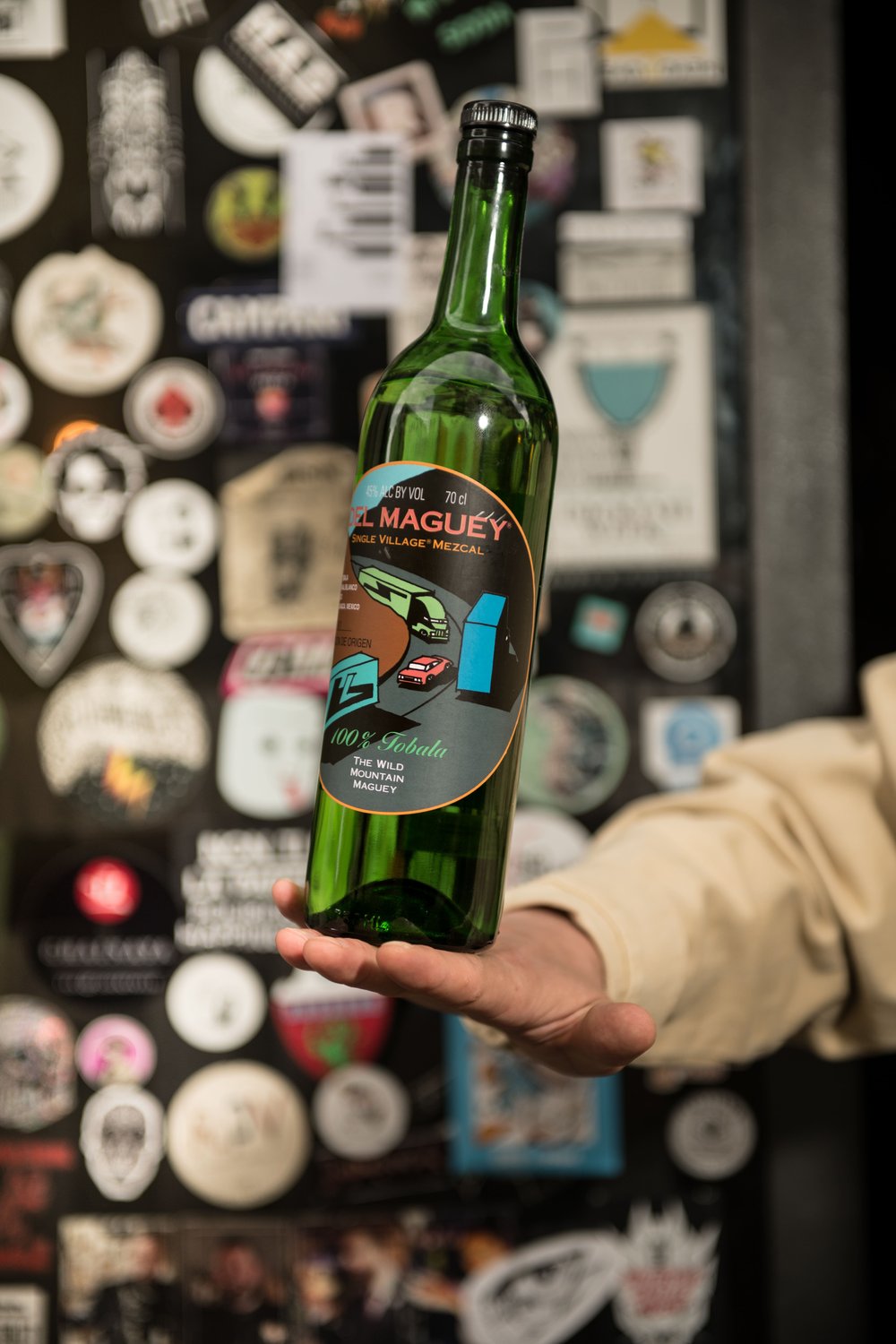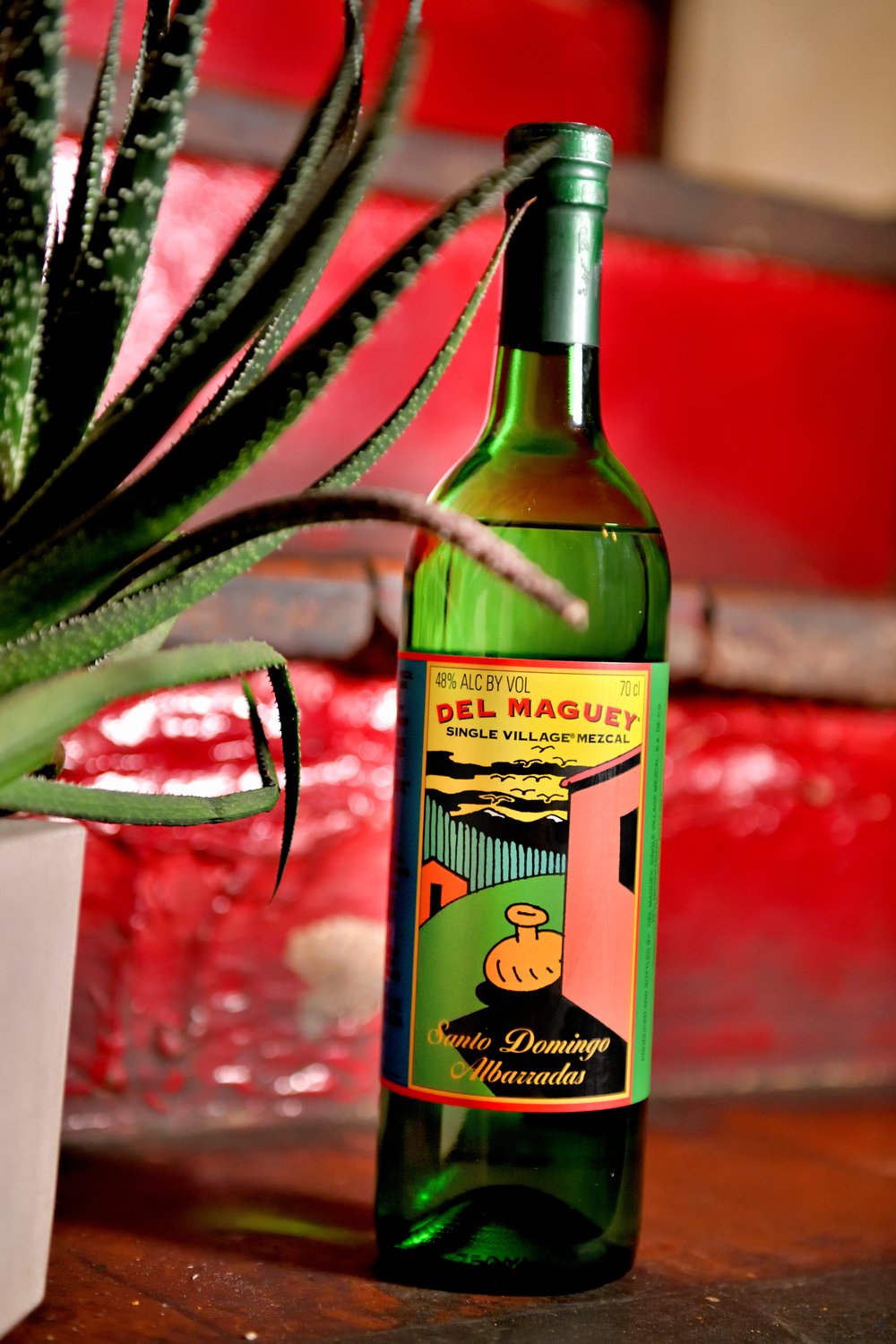Do not drink mezcal before reading this article
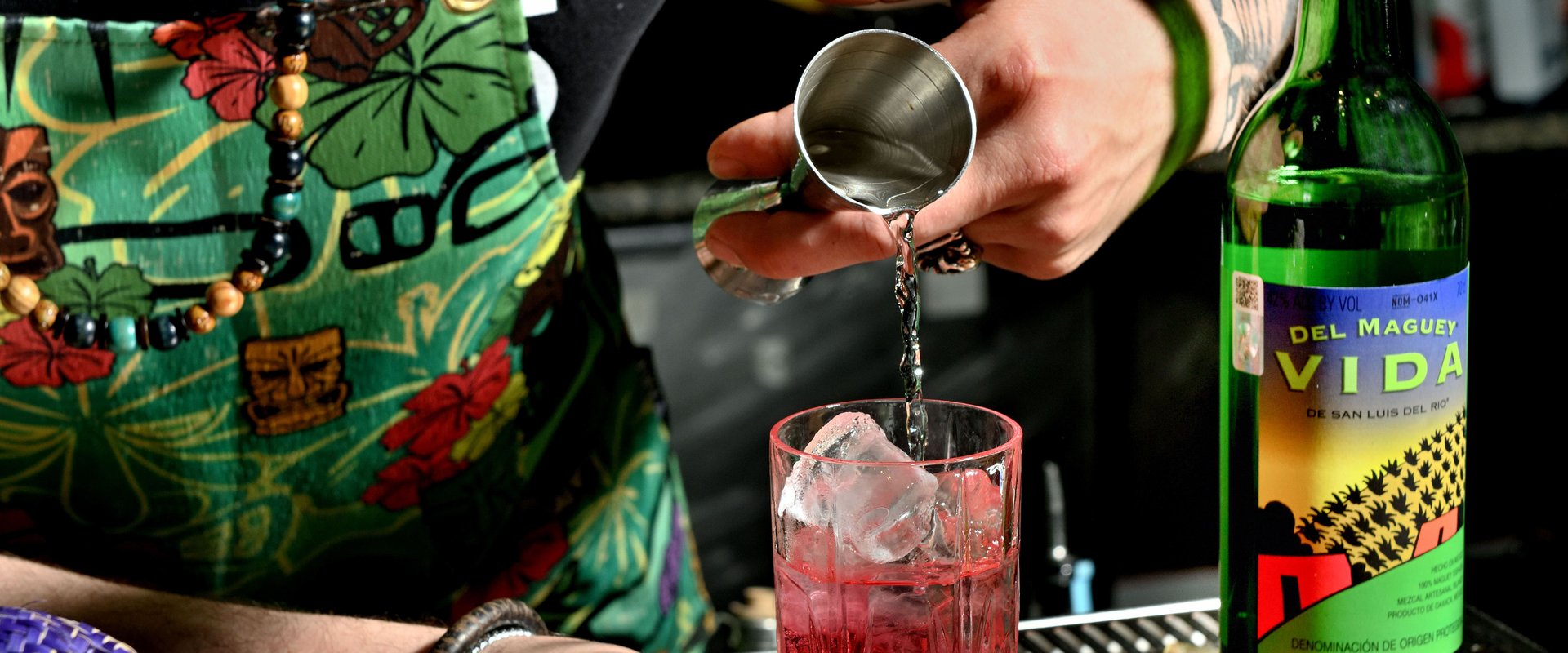
Thanks to Del Maguey, we met Steven Olson, a person who has helped shape the beverage industry for over 40 years. After starting out in restaurants, he became a writer, consultant, educator, and speaker, known especially for his pioneering work. His most recent role as Global Mezcal Advocate and collaborating partner of Del Maguey Single Village Mezcal is a dream come true. What does this entail? He explained it to us himself.
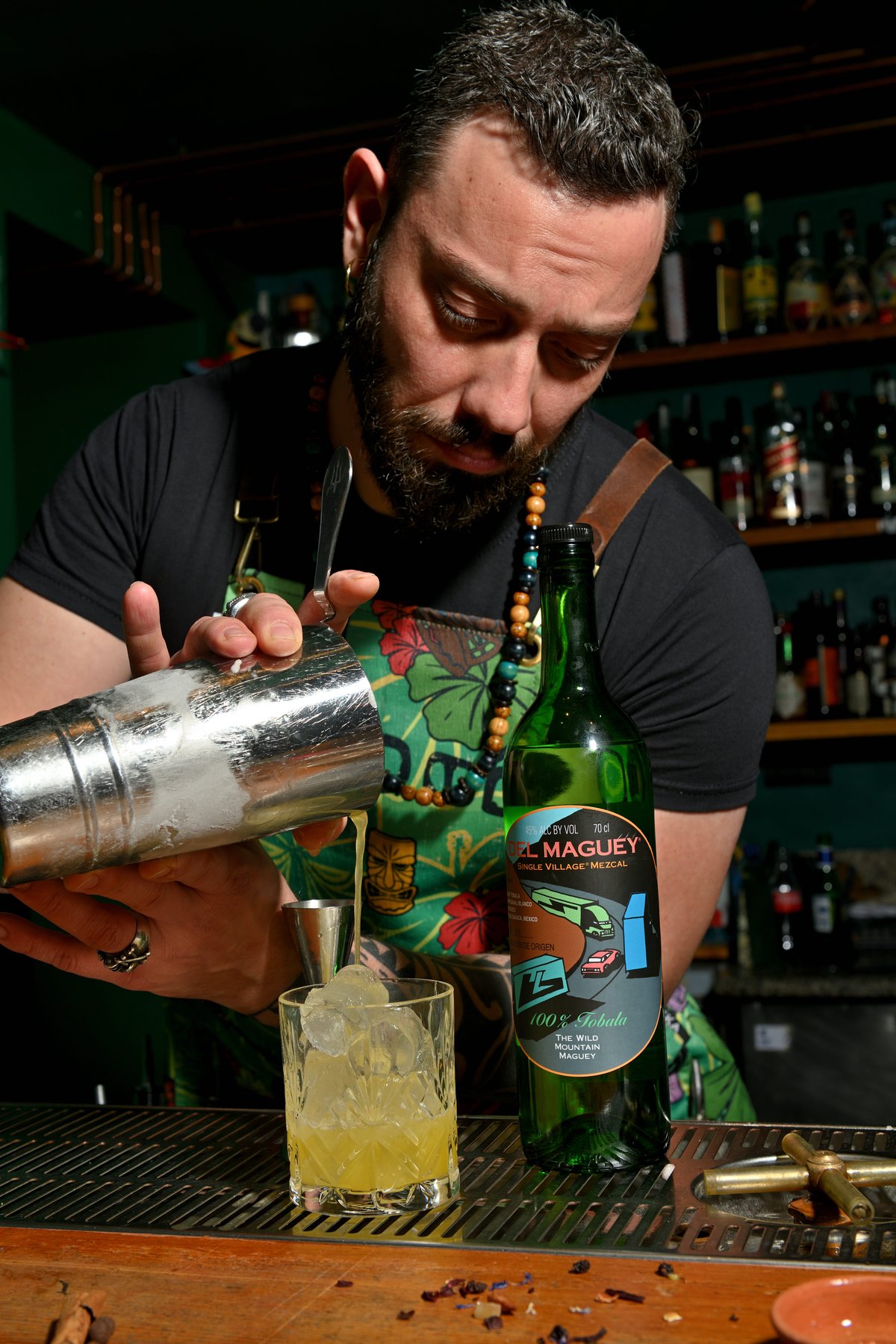
What do you think is the contemporary image of mezcal?
«In our culture, mezcal is often associated with Hollywood and cowboys seeking adventure. This is a misleading idea. The adventure lies in authenticity. It’s what you observe when you closely experience mezcal: zero waste, environmental protection, respect, and hospitality. The adventure isn’t in the marketing. The adventure is life. This aspect of my relationship with Del Maguey is very clear.
Mezcal isn’t just a drink. What the families in the villages of the Oaxaca Valley create with their heritage ends up directly in the bottle. It’s not a commodity; it’s culture».
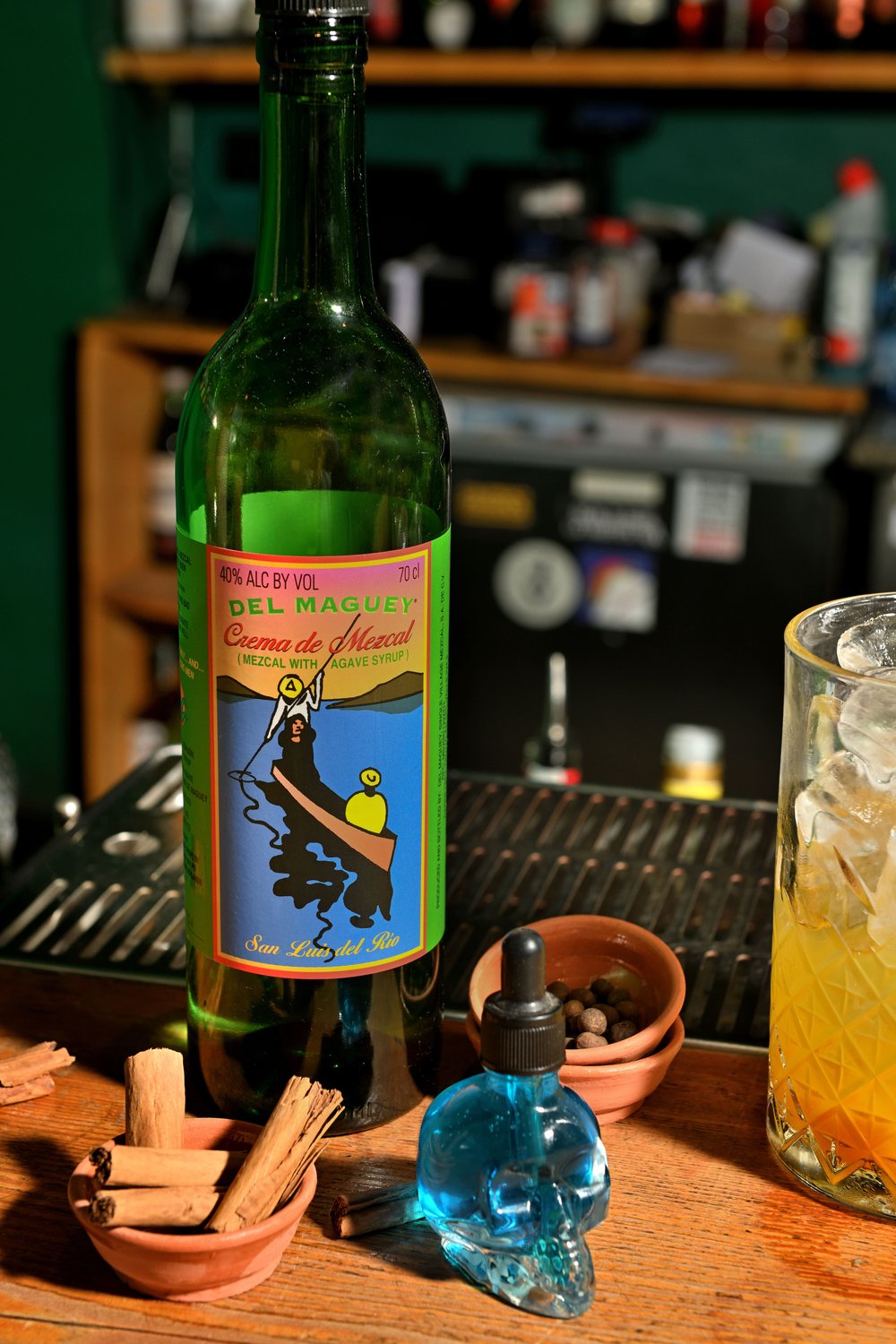
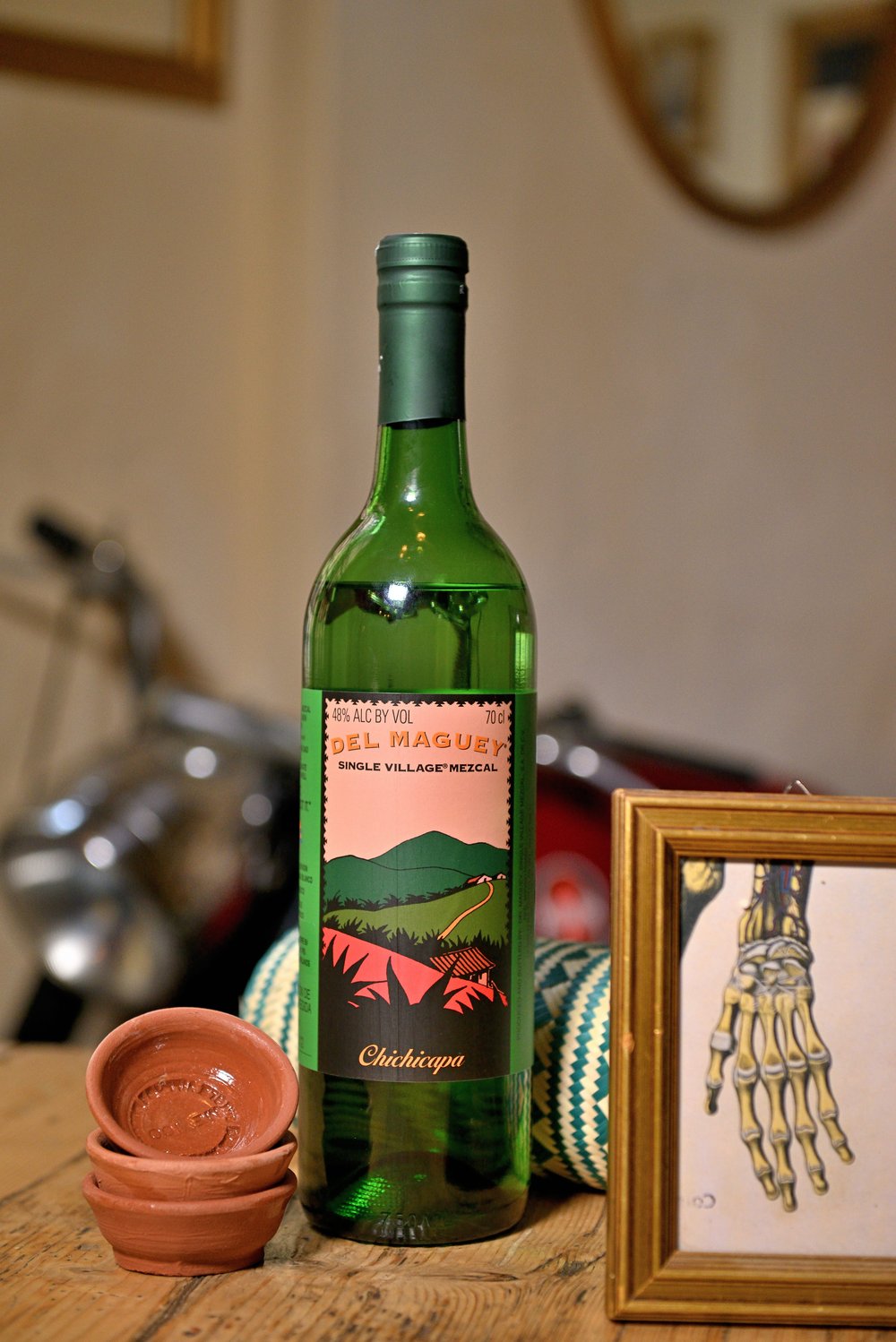
Tell us a bit about this culture.
«In Mexico, they celebrate by saying “stigibeu”, much like Italians say “cin cin”. This toast honors craftsmanship, heritage, and spiritual significance. The history of mezcal highlights its role in special occasions, with each village having its unique version of “stigibeu”. “Stigibeau” speaks of health, community and unity, connecting the spiritual and emotional labor of life’s special occasions with the intense physical effort of producing mezcal.
When I visit the villages in the Oaxaca Valley looking for new partners for Del Maguey, complete strangers cook for me and ensure I am well taken care of. In Mexico, mezcal means community; it embodies sharing, hospitality, religion, happiness. In short, the essence of life».
What value does this experience hold for a professional from a different culture?
«In my work with Del Maguey, I consider these villages as partners, not suppliers, and I don’t want to change their methods. This production can be scaled sustainably by involving more villages. And why not do it? Mezcal has transformed their economies while preserving a deep respect for nature».
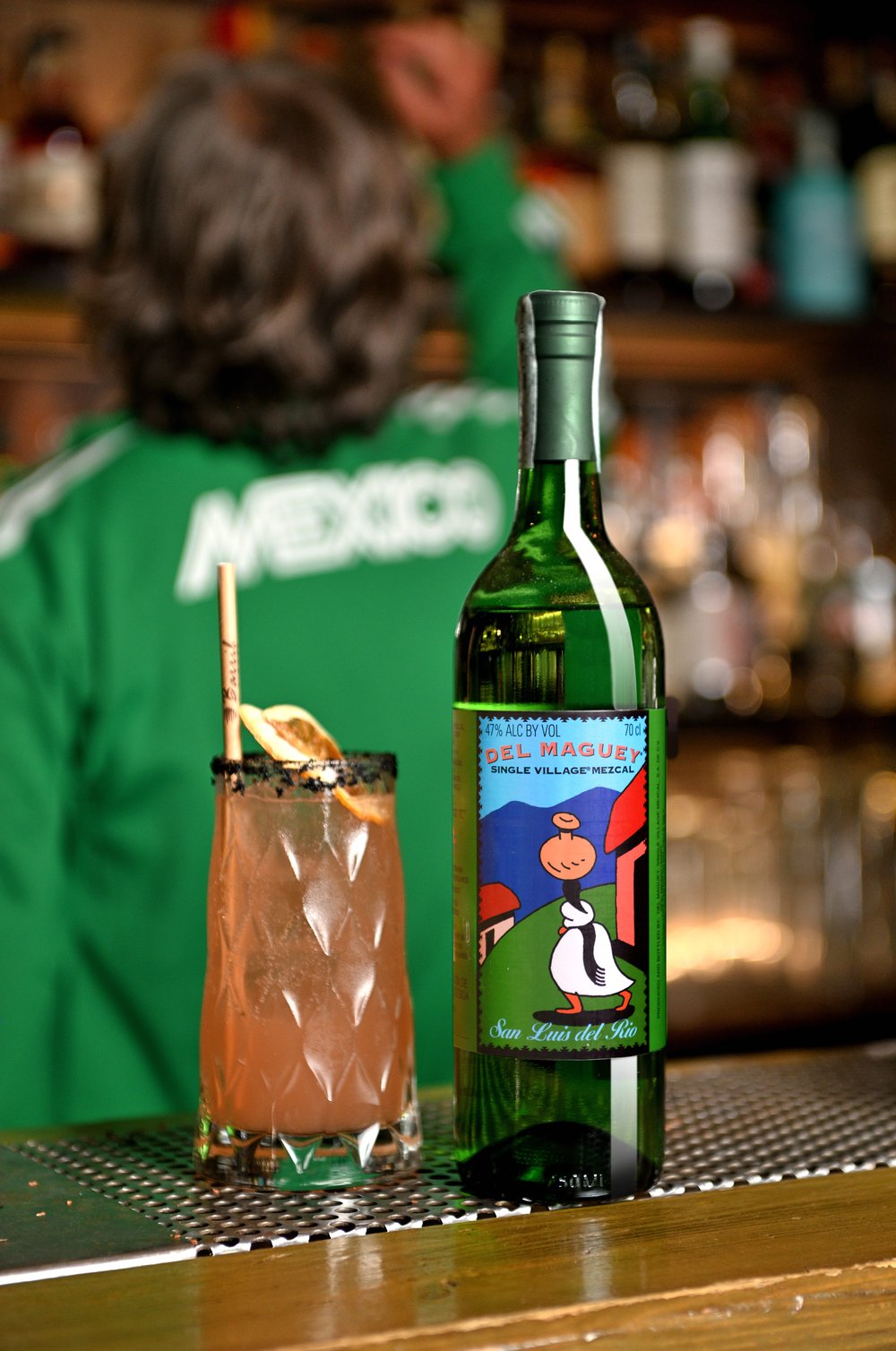
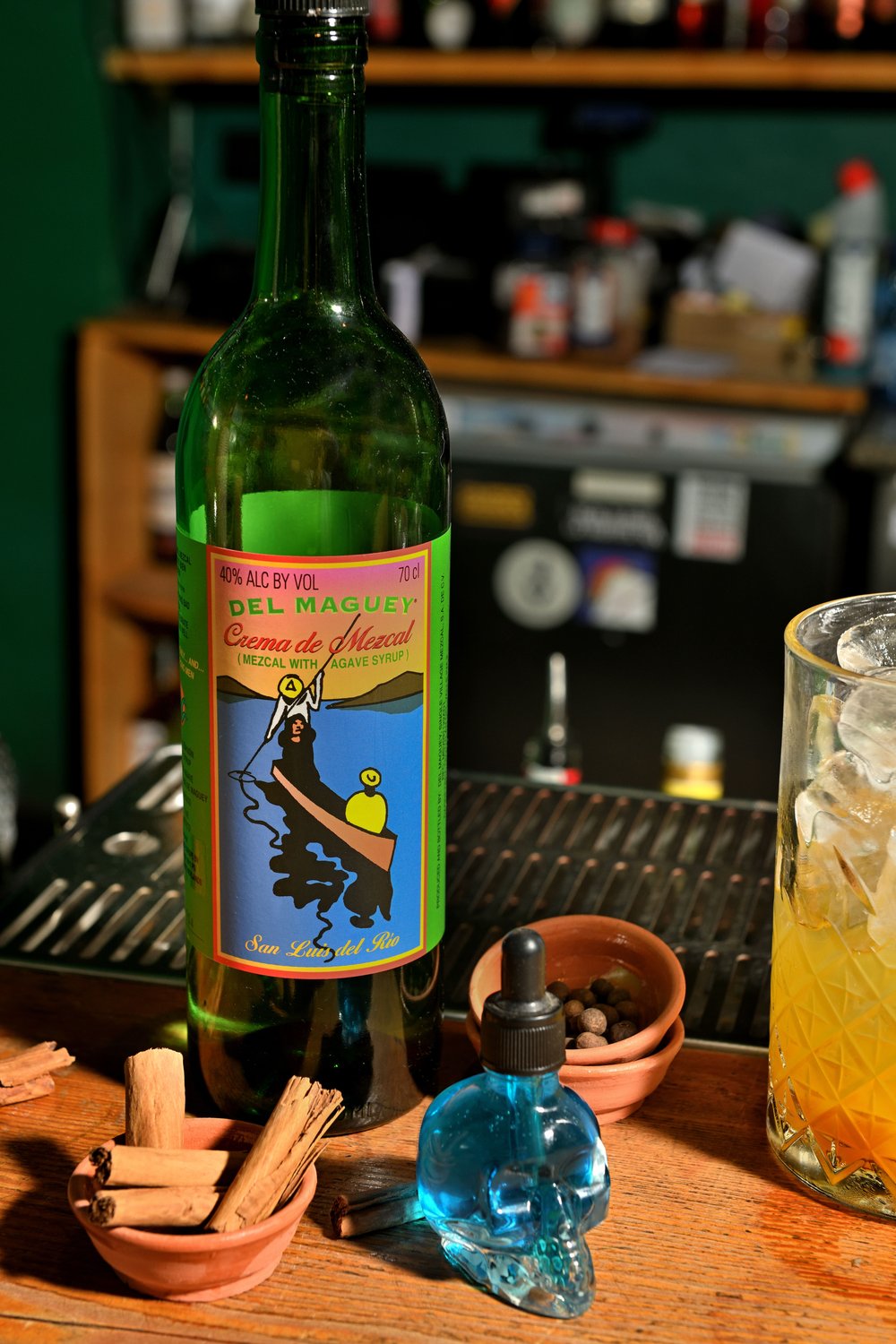
How can we tell all this respectfully?
«We need to bring people to Mexico to show them the true meaning of all this. The process itself is welcoming. People are invited into homes, shake hands with everyone, including children, and pay homage to the families’ ancestors before sharing food and mezcal. This special experience underscores the essence of community and welcome. Every single time I travel with Del Maguey, I am amazed by this. You can’t remain indifferent.
We must also consider that when discussing the importance of mezcal, we also need to consider agave, the raw material. In Mexico, agave was the center of everything: it was used for medicine and alcohol, supporting both body and spirit. It played a role in every aspect of life, with even its waste used as fertilizer. Of course, science is part of this process, despite European skepticism.
Our lives in the West are intertwined with those of indigenous people, who introduced fundamental concepts like zero, mapped the stars and revolutionized our approach to food. It’s ironic to think that we taught them anything».
After this conversation with Steven Olson, we’ll never drink mezcal the same way again. And that’s as it should be. Awareness gives everything a different flavor, sometimes even better and luckily Del Maguey understands this well.
